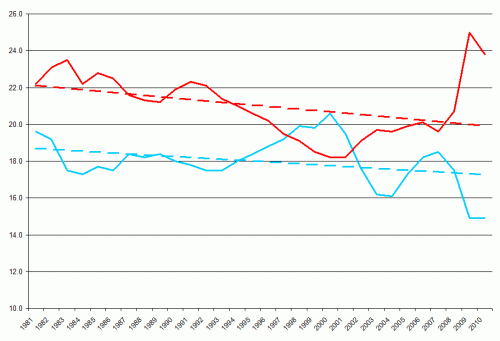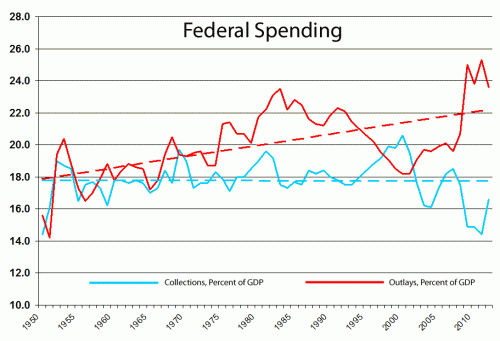Hunting Through The Jungle to Eliminate the Last Surviving Soldier in the Culture War
Those of you as old as I am may remember in the 1970's when a few last surviving Japanese soldiers from WWII were discovered or coaxed to surrender after hiding for decades in some Pacific jungle. No one was looking to punish these guys -- the war was won and over -- we were just trying to get them to come out and try to live a normal life.
I am reminded of these stories upon reading that Colorado is yet again going after the same baker for not baking someone a cake:
On the same day the high court agreed to review the Masterpiece case, an attorney named Autumn Scardina called Phillips’ shop and asked him to create a cake celebrating a sex transition. The caller asked that the cake include a blue exterior and a pink interior, a reflection of Scardina’s transgender identity. Phillips declined to create the cake, given his religious conviction that sex is immutable, while offering to sell the caller other pre-made baked goods.
In the months that followed, the bakery received requests for cakes featuring marijuana use, sexually explicit messages, and Satanic symbols. One solicitation submitted by email asked the cake shop to create a three-tiered white cake depicting Satan licking a functional 9 inch dildo. Phillips believes Scardina made all these requests.
Scardina filed a complaint with the civil rights commission, alleging discrimination on the basis of gender identity. The matter was held in abeyance while the Supreme Court adjudicated the Masterpiece case.
I have supported gay rights for as long as I can remember and briefly ran an Arizona campaign to legalize gay marriage. But this looks to me like sending an entire army into the jungle to try to hunt down and kill that last Japanese soldier. Isn't it enough that we have complete legal tolerance of homosexuality, de facto tolerance by the majority of Americans, and commercial tolerance in that 99+% of all businesses gratefully accept business from gays? There can't be that many businesses denying accommodation to gays and trans-gendered when they have to keep harping on the same one example of non-conformity. One of the features Hannah Arendt used to distinguish totalitarianism from run-of-the-mill authoritarianism was that in the latter, authorities need everyone to act in accordance with their wishes, in totalitarian governments they require people to believe in accordance with their wishes. This need to seek out and harshly punish tiny infractions against social justice strikes me as totalitarian.
As an aside, I would challenge anyone to say that there is no message they would refuse to put on a cake. I can think of a number I would say no to, starting with this one.
Mandated accommodation laws are a tough thing. Libertarians tend to be suspicious of them because they tend to tread on several first amendment rights (speech, association). But I could envision cases where I would support them, for example in the 1960's South during the dismantling of Jim Crow. I really do not think we are there for gay wedding cakes.
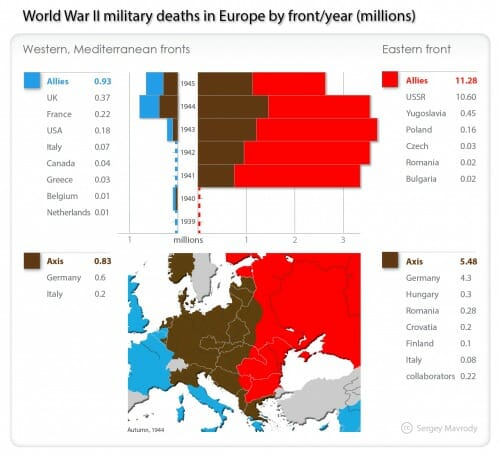

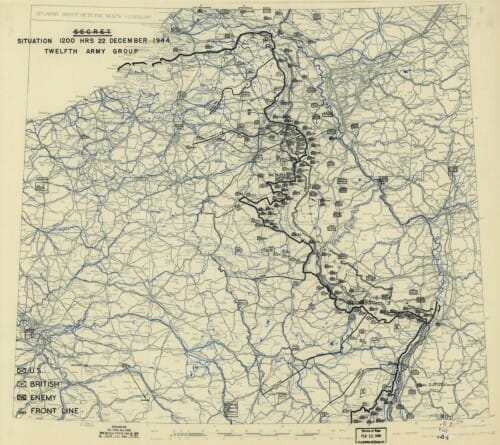
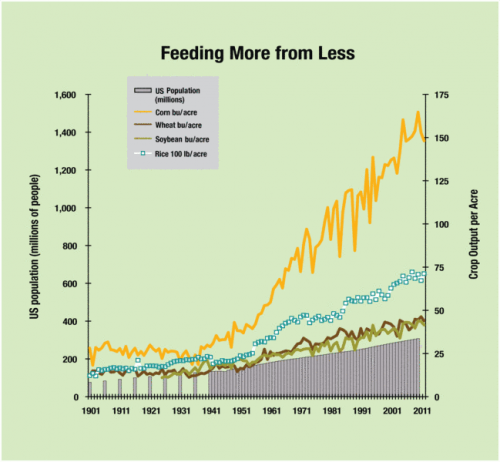
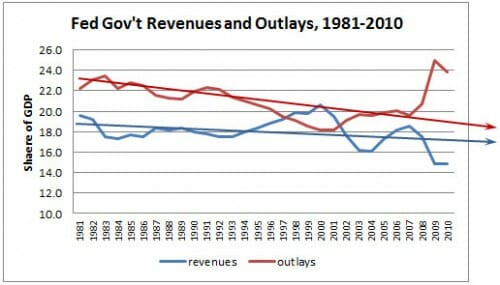
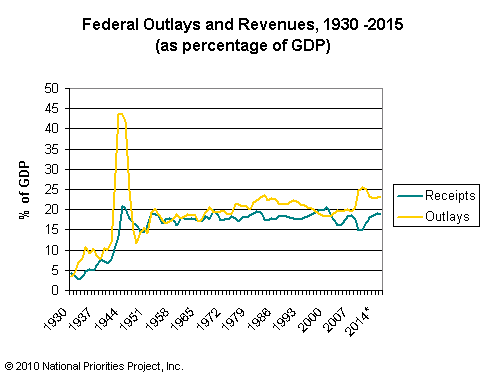 Update: Here is the data
Update: Here is the data 